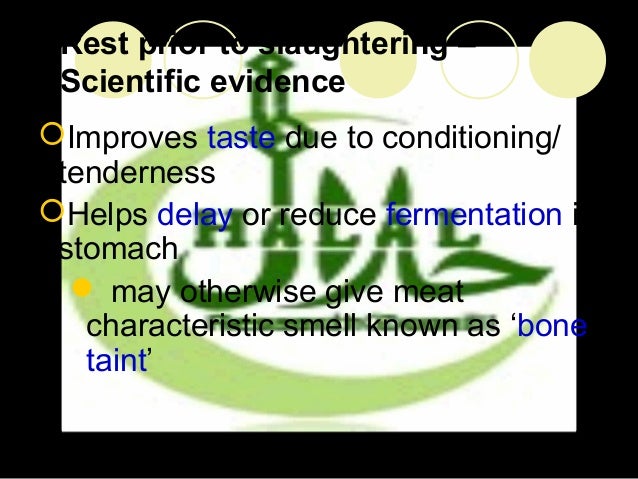
It also gives people the impression that VSED is a legal and ethical grey area.

The lack of guidance on VSED leads to significant inconsistencies in how it is managed by clinicians.

There is also a lack of clarity for families, and many health and care professionals struggle to provide the right care or information for their patients. Some people feel abandoned and experience preventable distress. As a consequence, some people who want to stop eating and drinking to hasten their death are not receiving adequate support to make an informed decision or to have their symptoms managed. These calls have highlighted a stark lack of guidance. With no clear information publicly available in the UK, people turn to us – as a charity that is willing to have open conversations about all aspects of death and dying – to understand the legality and practicalities of it. If we can do this in an evidence-based, open, honest and collaborative way, it will reflect how far we have come in making person centred end-of-life care a reality.Ĭompassion in Dying receives calls from people considering voluntarily stopping eating and drinking (VSED) as a means to hasten their death. There is unquestionably a clear need to develop information and guidance around voluntarily stopping eating and drinking. Everybody’s death is unique to them and we must do all we can to ensure the care people receive reflects this inconsistent practice can have a devastating impact on individuals, those close to them and clinicians.

This report demonstrates how important it is for people making complex end-of-life care decisions to have the right support in place. Having worked in palliative and end-of-life care for many years, I know that voluntarily stopping eating and drinking as a means of hastening one’s death is not new, which makes this call for guidance timely and right. The right to make informed decisions and be supported compassionately and confidently to do so by your healthcare team is a cornerstone of good end-of-life care.


 0 kommentar(er)
0 kommentar(er)
